The 20 Coolest Cloud Software Vendors
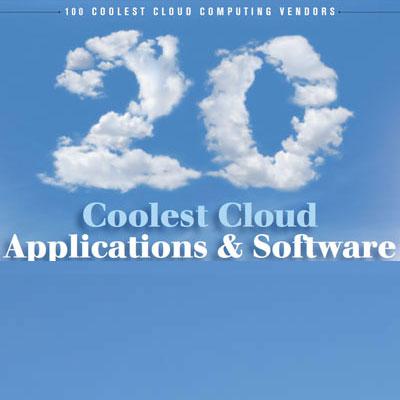
Top Cloud Software Vendors For 2012
You can implement all the cloud platforms you want, but without applications, cloud computing is just another IT model diagrammed on a white board. It's the cloud software, after all, that people use to get work done – everything from managing corporate finances, to hiring a new employee, to processing a customer order. Cloud computing is leveling the competitive field: Established application vendors have fielded cloud versions of their products while a new generation of start-ups is challenging their dominance of the application arena. Here’s 20 cloud computing software vendors we think solution providers should have on their radar screens.
Stay tuned for the rest of CRN's 100 Coolest Cloud Computing Vendors and check out last year's top cloud computing vendors.

Acumatica
Acumatica makes Cloud ERP software for midsize organizations that gives access to applications and documents from anywhere via a browser. The upstart offers its wares as SaaS or as a license purchase that can be hosted on-premise, in a data center or in the cloud.
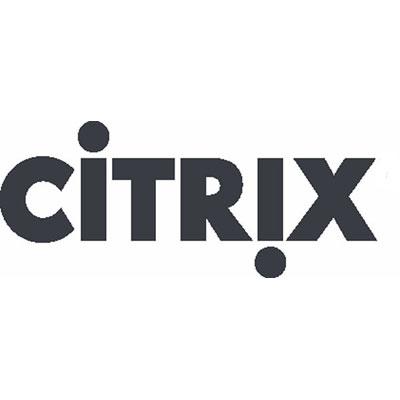
Citrix
Citrix is meeting the personal cloud revolution head-on, pumping its cloud tires through strategic acquisitions that built out its strategy. From Cloud.com to ShareFile, Citrix is amassing an army of cloud companies to make it a force in the game.
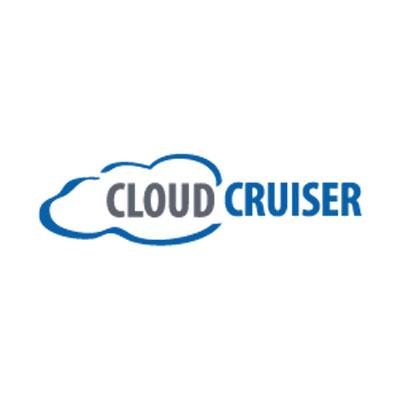
Cloud Cruiser
Whether it’s rogue workloads, pricing discrepancies, uncontrolled VM sprawl or inadequate cloud chargeback, there are many ways to overspend in the cloud. Cloud Cruiser hopes to remove cloud waste with its software that sniffs out where cash is being flushed away into the cloud.

Google Apps has become the gold standard for cloud communication and collaboration, and the Google App Engine is a cloud platform to reckon with as the search giant sets its sites to the cloud to grow its product portfolio. And Google is bringing partners along for the ride.
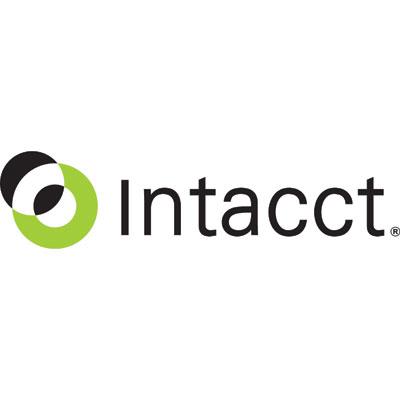
Intacct
Accounting software just got cool again. Intacct’s cloud-based accounting and financial management offerings eliminate the need for businesses to support their own financial management software, hardware, backup and disaster recovery to let a business’ focus return to where it should be: on the business.
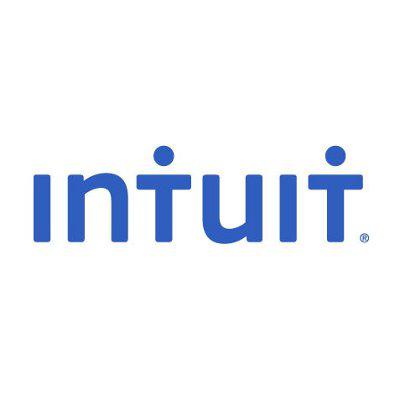
Intuit
Known mainly for QuickBooks, Intuit broke free from its software-based roots in financial management, accounting and tax preparation to become a household name when it cloudified its offerings with QuickBooks Online, QuickBooks Online Payroll and Intuit Payments Solutions, among others.
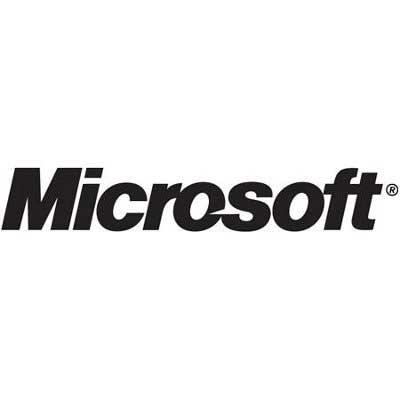
Microsoft
Microsoft is firing on all cloud cylinders. Its Office 365 cloud productivity suite has stormed the market; the Azure cloud development platform has made waves; and the online Dynamics CRM is poised to do battle with Salesforce.com. Plus Microsoft has vowed that more is coming.
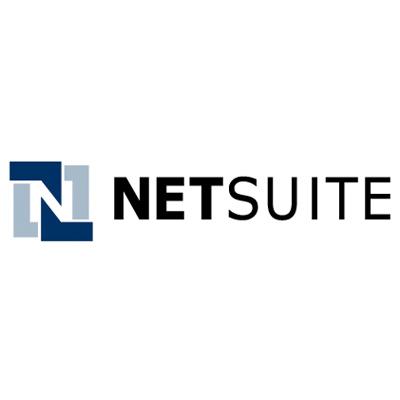
NetSuite
Cloud-based business software may not be as sexy as it once was, but NetSuite’s roster of online accounting, ERP, CRM and e-commerce software, and its fresh and up-front approach to the channel, brings the sexy back to the market.
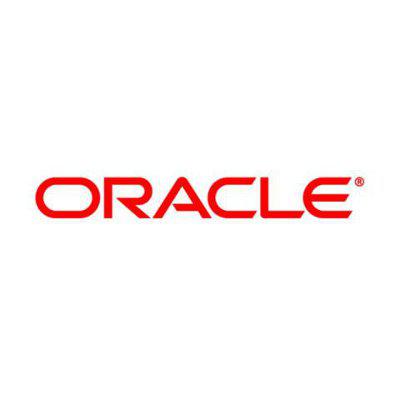
Oracle
Oracle has worked to shake its bulky on-premise roots and turn its head toward the clouds. Now the tech giant is looking to cloud software and on-demand applications, along with hardware, to make those offerings go to establish itself as a top-tier cloud player.
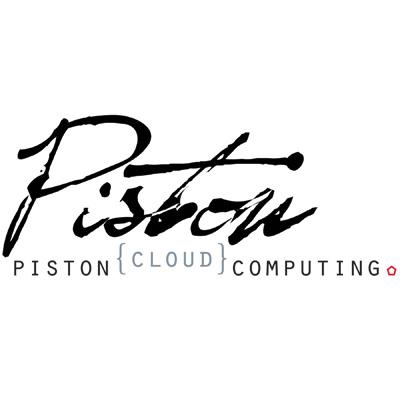
Piston Cloud Computing
Storming the scene as one of the first companies to leverage the OpenStack cloud in a product offering, Piston Cloud Computing makes the Piston Enterprise OS, a scalable private cloud operating system aimed at ease of use and with advanced security features for highly regulated environments.
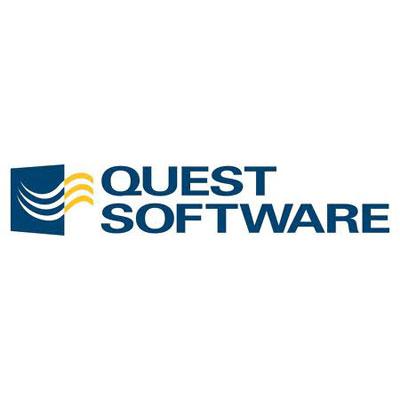
Quest
Quest is bent on simplifying the management of cloud, virtual and physical infrastructures and brings with it virtualization and cloud management expertise via solutions that span every facet of the cloud environment, from server and desktop virtualization to cloud automation that supports multiple hypervisors.

rPath
Consistency, speed and reliability are key components of rPath’s Cloud Engine offering. The company bills itself as the application engine provider for the private cloud and gives cloud providers and builders rapid application delivery and integration into any cloud ecosystem without vendor lock-in.
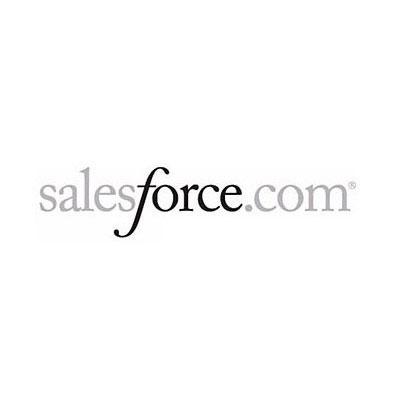
Salesforce.com
Salesforce.com has been preaching cloud for years. Starting in cloud CRM and moving to what it’s calling social enterprise (cloud, mobile and social combined), Salesforce has done nothing halfway and is putting a stake in the ground and saying, ’Go cloud or go home.’
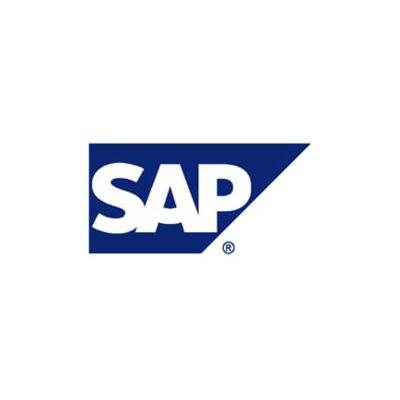
SAP
SAP is mounting a massive cloud software attack. Through key acquisitions, like planning to buy cloud human capital management company SuccessFactors, and other moves, SAP is hoping to add more cache to its lineup of cloud applications and inject more ’cloud DNA’ to its software.
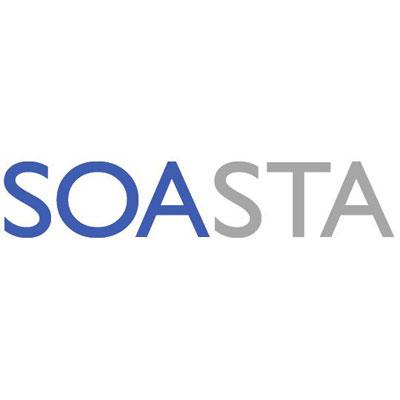
SOASTA
SOASTA’s cloud-based offering for testing cloud and Web applications puts SOASTA at the forefront of boosting performance, function, scalability and reliability. Its CloudTest leverages cloud resources for load-and performance-testing and simulates traffic hitting a site or app to see how it holds up.
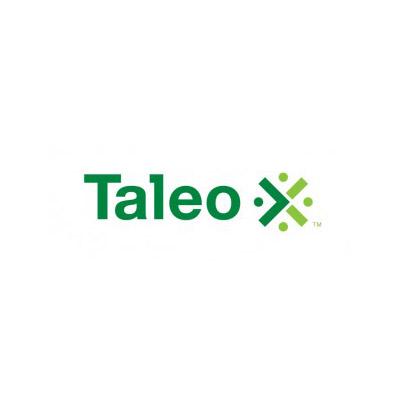
Taleo
Taleo has come on the SaaS scene with a cloud-based, talent-management platform that marries on-demand, talent-management tools with a massive ecosystem of customers, partners and candidates. It lets firms beef up their businesses through talent acquisition, performance and compensation management.
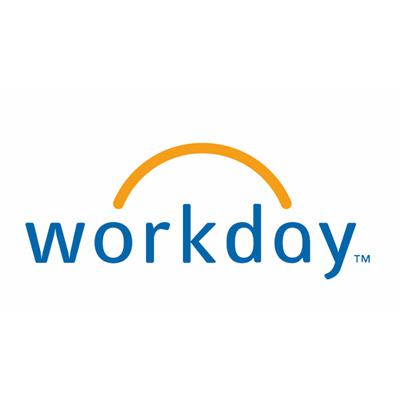
Workday
Workday has turned SaaS on its ear with cloud-based offerings for global human resources, payroll and financial management. Calling itself an alternative to SaaS, Workday has made a big name for itself as the next generation of enterprise business services through its cloud offerings.
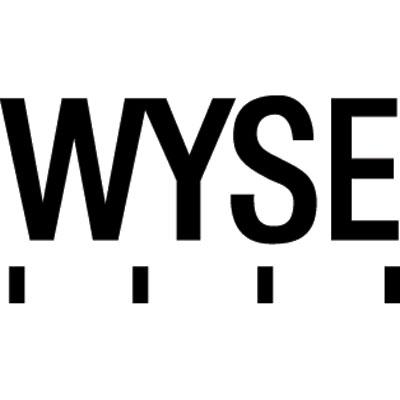
Wyse Technology
The PC is dying and Wyse Technology is the main suspect. Offering Cloud Client Computing, Wyse’s portfolio offers thin, zero and cloud PC client solutions with management, desktop virtualization and cloud software to support desktops, laptops and mobile devices. The PC is gasping for breath.
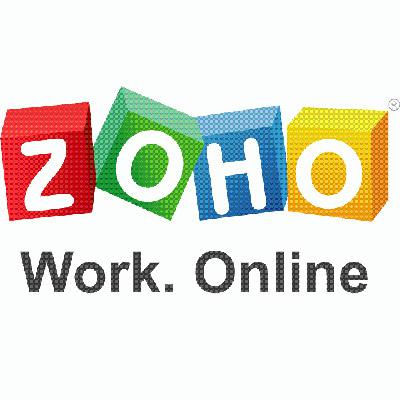
Zoho
Zoho offers more than 20 online applications for business, productivity and collaboration that companies can use to run business processes and manage information from the cloud. With CRM, mail, Office Suite, Invoicing, Project Management and Web Conferencing apps, plus more, Zoho covers all cloud bases.

Zuora
Zuora focuses on what it calls the ’subscription economy’ and offers a cloud-based subscription billing and payment service that makes current manual processes and billing systems obsolete. With Zuora’s subscription-based offerings, businesses can provide subscription-based services to customers.

